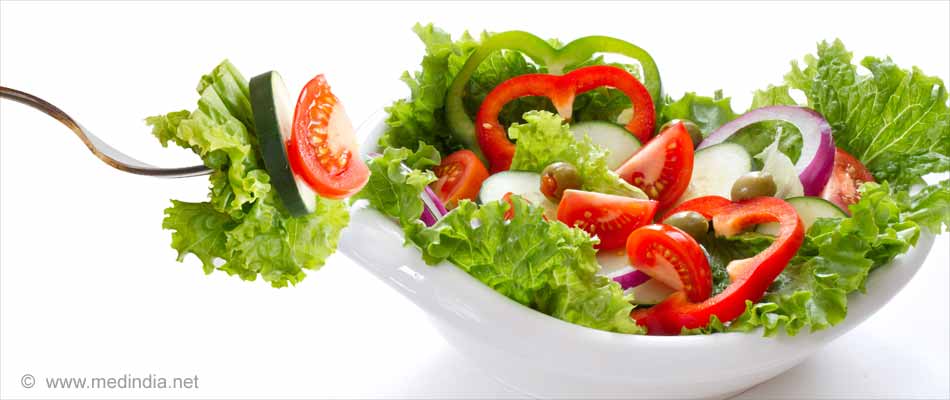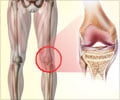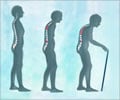- Foods that Reduce Bone Density - (http://www.everydayhealth.com/diet-nutrition/101/benefits-of-healthy-eating/foods-that-reduce-bone-density.aspx)
- Osteoporosis Diet Dangers: Foods to Avoid - (http://www.webmd.com/osteoporosis/living-with-osteoporosis-7/diet-dangers?page=2)
- Osteoporosis - symptoms, treatment, prevention - (https://www.southerncross.co.nz/aboutthegroup/healthresources/medicallibrary/tabid/178/vw/1/itemid/131/osteoporosis-symptoms-treatment-prevention.aspx)
What is osteoporosis?
When there is a depletion in the density and quality of bones, they become weak, brittle and are prone to fractures. This condition is known as

What causes osteoporosis?
The three factors which contribute to the onset of osteoporosis are poor
While there is focus on the right foods to eat to prevent osteoporosis, there isn’t enough awareness about foods which lower bone density. This is the area where a lot of people are vulnerable. The fact that osteoporosis is almost symptom-free until there is a fracture requires us to be well informed about what to eat and what not to eat. Listed below are some of the foods and nutrients which have been found to increase the risk of osteoporosis.
Carbonated soft drinks:
Most carbonated drinks contain phosphoric acid and almost all of them do not contain
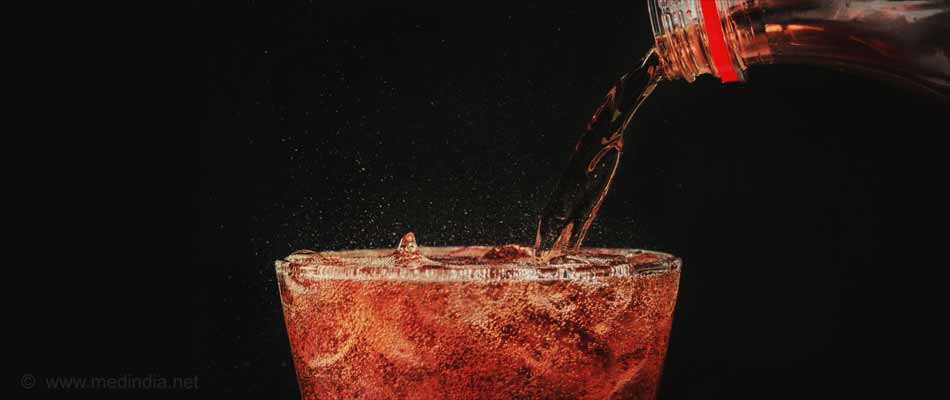
Caffeine:
Research has found that for every 100mg of caffeine consumed, 6mg of calcium is lost. This may not seem like much but can pose a problem when women do not consume sufficient calcium in their diet. Limiting caffeine to 300mg a day while consuming calcium-rich foods can keep the losses caused by caffeine at bay.
Coffee is the major source of caffeine and consumption must be limited. While tea contains caffeine, it has been found to promote bone health in older women. To curb caffeine intake, consume decaffeinated drinks.
Soy and its products:
While soy products like tofu, edamame, tempeh and soy beverages are rich sources of protein, they contain a plant compound known as oxalates which hampers calcium absorption. Oxalates bind to calcium and make it unavailable for absorption in the body. While there are mixed reports about the effect of oxalates on calcium absorption, it is advisable to consume calcium-rich foods when soy is eaten. Limiting intake of soy and its products is also advisable for women at risk of osteoporosis.
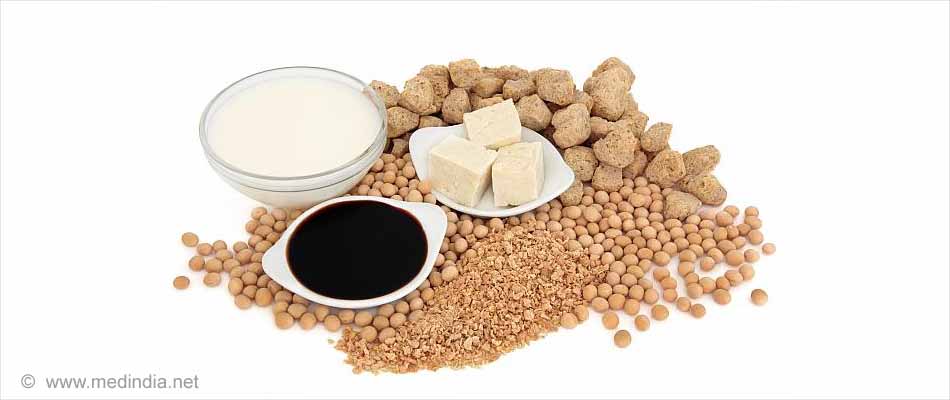
Wheat bran:
Wheat bran is known to hinder the absorption of calcium when consumed at the same time as foods containing calcium. This has been found with 100 percent wheat bran. To prevent this, calcium supplements or calcium-rich foods must be consumed at least two hours after consuming foods which contain wheat bran.
Sodium:
Excess sodium from the diet can lead to excretion of calcium in urine. Table salt and most processed foods contain excessive sodium. Intake of these foods must be limited.
Alcohol:
Alcohol consumption leads to poor absorption of

Balancing diet and bone density
Consuming a well balanced diet is key when it comes to maintaining bone density. A diet which is low in fruits and vegetables but high in animal protein and carbohydratescould cause mild acidosis which causes depletion of calcium in the bones leading to lowered density. The acid production can be neutralized by eating fruits and vegetables.
Although maintaining healthy bones through diet may seem tricky, getting the recommended amount of calcium everyday to offset any calcium losses caused by certain foods will help prevent bone loss.
